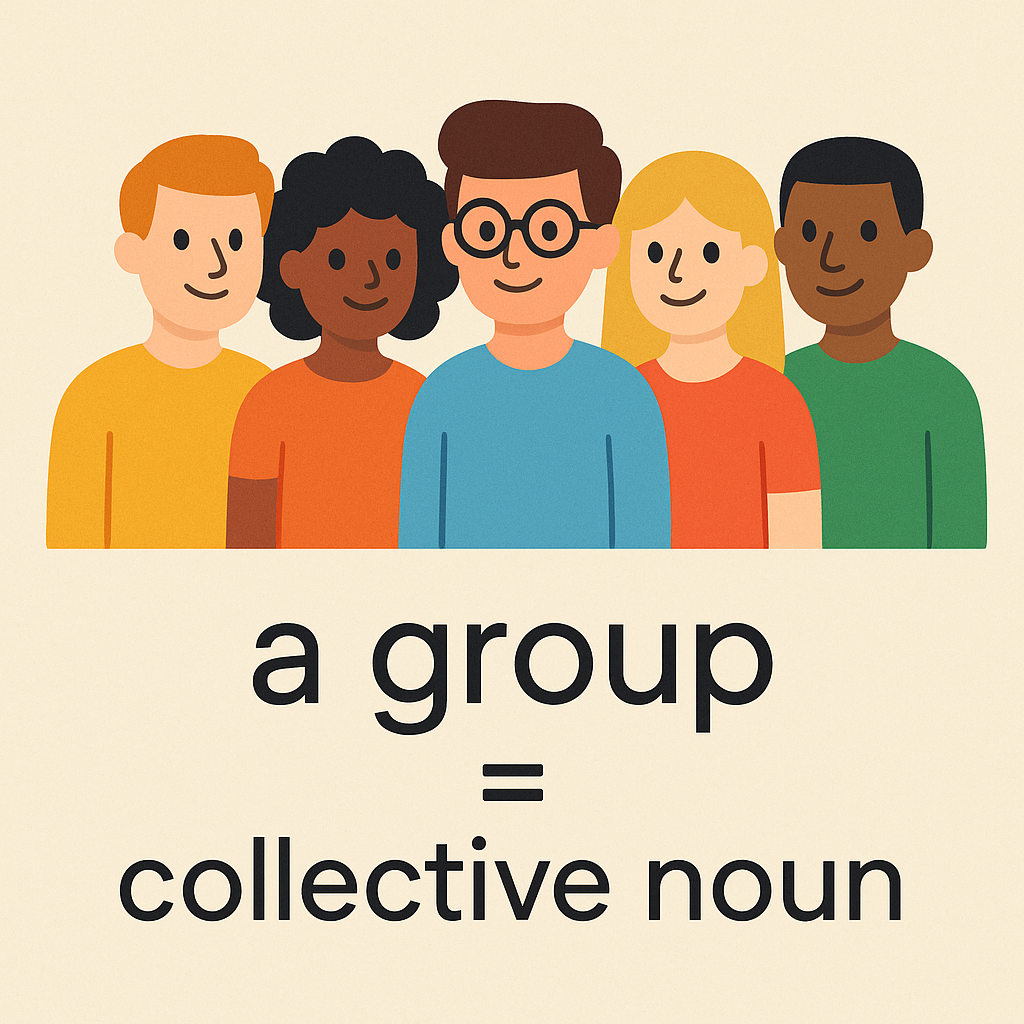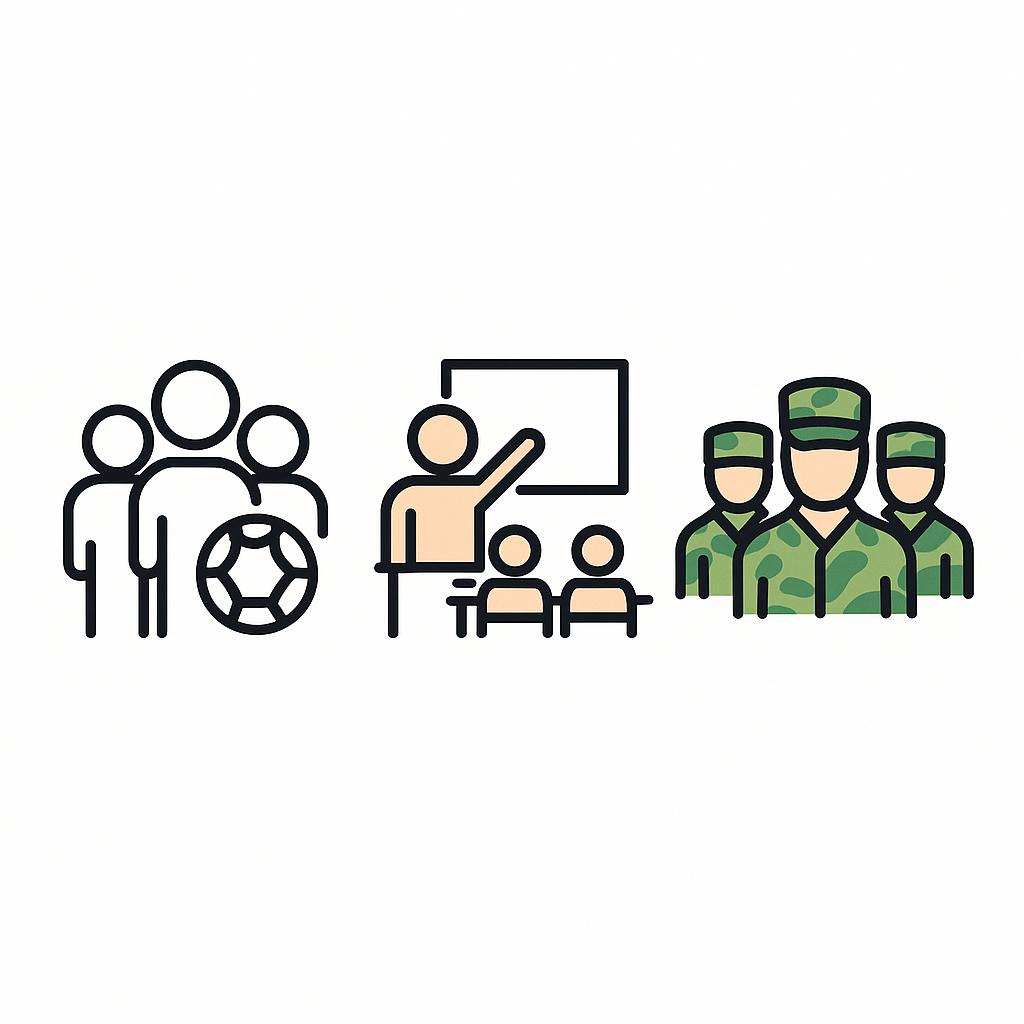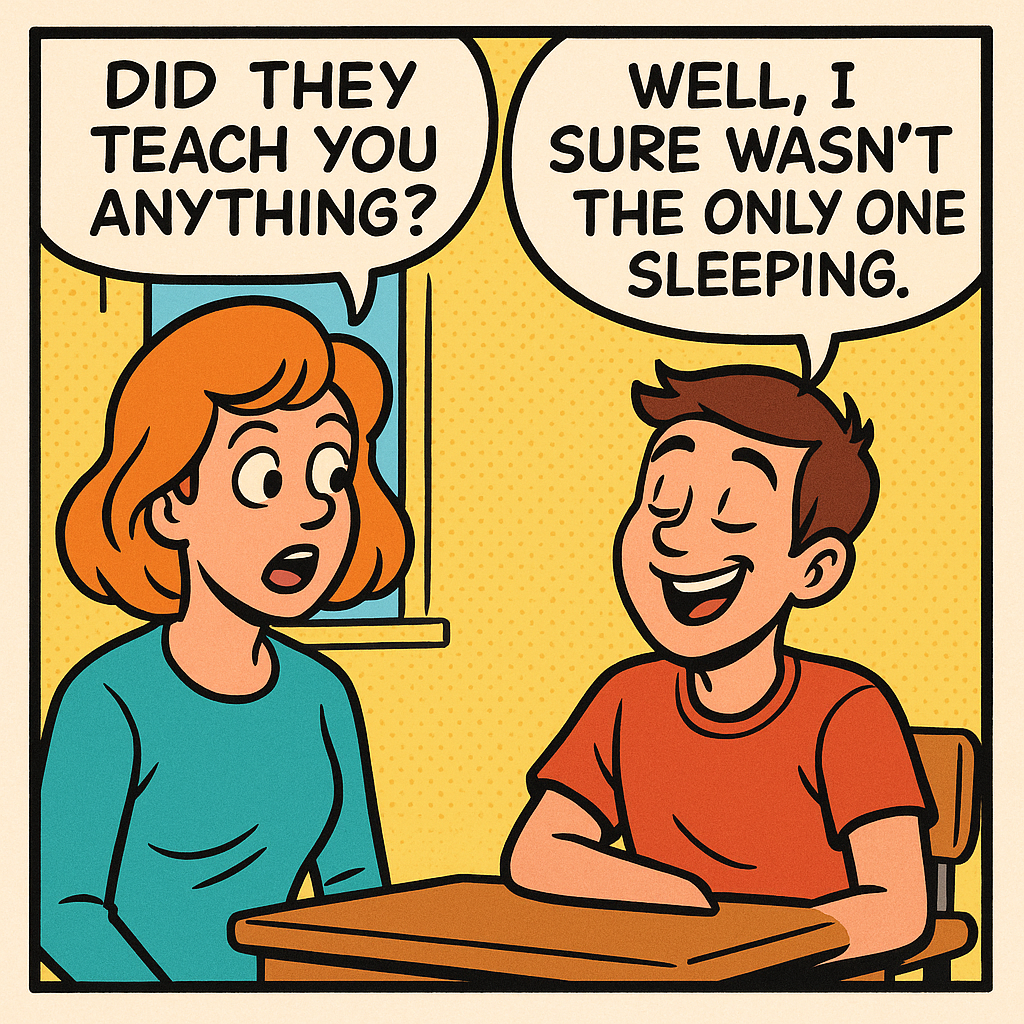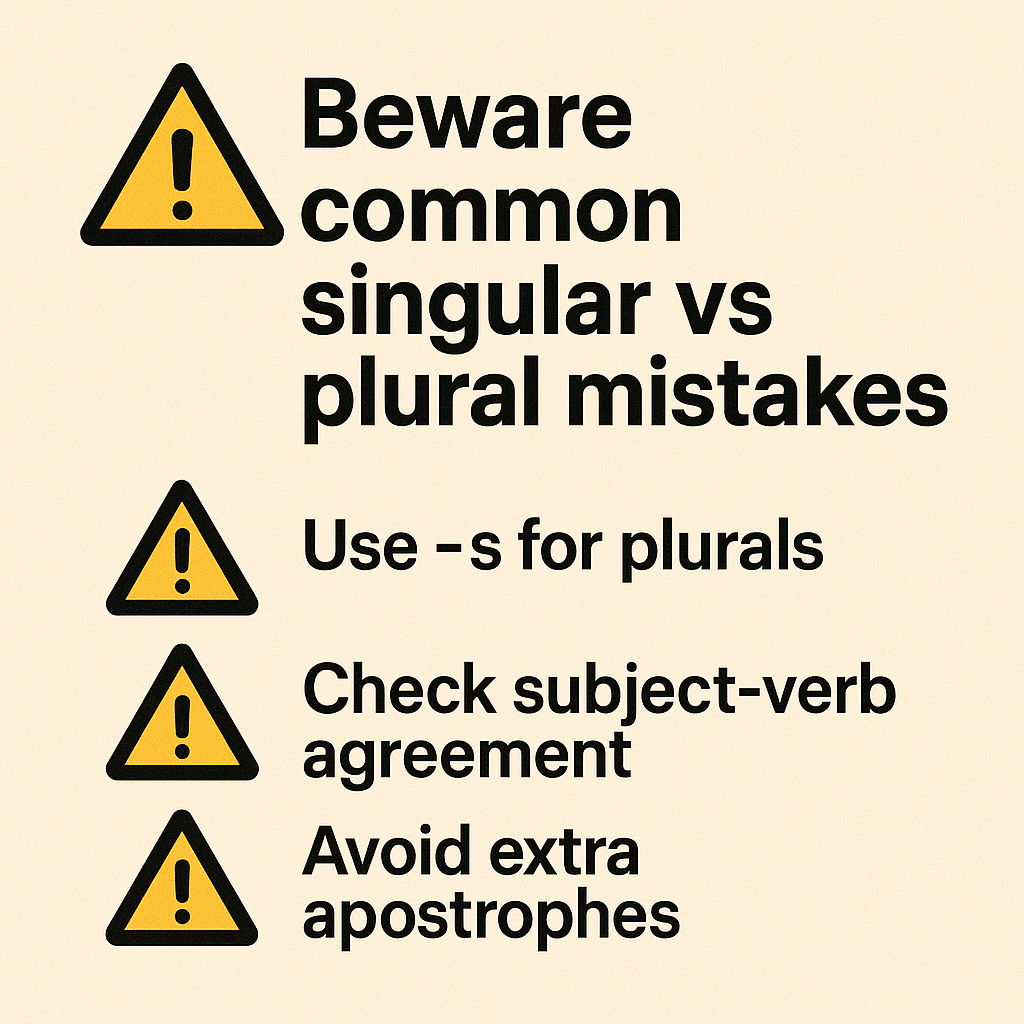What do you call a group of crows? A murder. A group of lions? A pride. Welcome to the strange and oddly satisfying world of collective nouns. Whether you’re an English learner, a teacher, or just someone with a questionable amount of free time, understanding collective nouns can make your language more colorful and your grammar less tragic. In this guide, we’ll unravel the mystery of collective nouns and show how they spice up both everyday speech and writing.

What Are Collective Nouns?
Collective nouns refer to words that describe a group of people, animals, or things as a single entity. Think of terms like “a flock of birds” or “a team of players.” Historically, many collective nouns date back to medieval hunting terminology—like those found in the Oxford English Dictionary. They’re used across writing styles—whether you’re writing fiction, journalism, or, sigh, social media captions.
They’re important because they offer specificity and flair. Instead of “a group of musicians,” you get “a band of musicians.” Not only is it correct, but it also sounds cooler—like you know things.
Categories of Collective Nouns
Collective Nouns for Animals
- A pride of lions – Powerful, majestic, and a bit smug.
- A gaggle of geese – On land or water; in flight, it’s a skein. No, really.
- A pack of wolves – Bonus points if you’re watching a nature documentary.
- A murder of crows – For when you want your language to sound like a crime novel.
- A school of fish – For those moments under the sea, or just at the aquarium.
Collective Nouns for People

- A team of players – The only time a group of adults in uniforms makes sense. Useful when exploring examples of conditional sentences.
- A class of students – Easily spotted near vending machines or Wi-Fi hubs. And hopefully learning some simple present tense while they’re at it.
- A band of musicians – May include questionable hairstyles and late-night gigs.
- A crew of sailors – Good for stories or badly written sea shanties.
- An army of soldiers – Or anyone who’s marched more than once in boots.
Collective Nouns for Objects
- A pile of books – Usually near students, or me when I’m avoiding you.
- A set of tools – Handy, if you’re into fixing things instead of breaking them.
- A deck of cards – For gamblers, magicians, and people with too much time.
- A bunch of keys – Mysterious, like what are they even all for?
- A fleet of ships – When one yacht just isn’t enough.
Visual Cards and Dialogue Examples

A pride of lions
Image suggestion: Roaring lions basking in the sun.
Dialogue:
Alex: “Did you see the pride of lions at the zoo?”
Jordan: “Yeah. They looked like they owned the place.”
A gaggle of geese
Image suggestion: Awkward-looking geese waddling together.
Dialogue:
Emma: “What do you call that noisy group of geese?”
Liam: “A gaggle. Also, the original honking squad.”
A class of students
Image suggestion: A diverse group of students raising their hands.
Dialogue:
Teacher: “Please settle down. You’re a class, not a rock concert.”
A school of fish
Image suggestion: Colorful fish swimming in harmony.
Dialogue:
Snorkeler: “I saw a school of fish today.”
Friend: “Did they teach you anything?”
A deck of cards
Image suggestion: Fanned-out playing cards on a table.
Dialogue:
Mike: “I lost again.”
Nina: “Blame the deck of cards, not your strategy.”
Common Mistakes and Handy Tips

Singular vs. Plural Confusion
Collective nouns often act as singular units, even though they refer to multiple things.
- Correct: “The team is winning.”
- Plural nuance: “The team are arguing among themselves.”
If you’re unsure about subject-verb agreement when using collective nouns, Merriam-Webster’s grammar guide has your back. Or, for a more context-based approach, check out our piece on verbs ending in “-s”.
Tips for Using Collective Nouns Correctly
- Stick with common examples if you’re unsure—nobody will laugh at “a group.” (Except me.)
- Use visual or contextual clues to decide if the noun is acting singularly or plural.
- Read your sentence aloud. If it sounds like a group dance, it’s probably plural.
- Still confused? You might find simple future tense rules surprisingly helpful—don’t ask why, just click it.
Conclusion
Collective nouns make your English more vivid, quirky, and precise. Whether you’re describing a pride of lions or a deck of cards, knowing the right term gives your speech flair. So, go ahead—sprinkle your sentences with collective brilliance.
Which one’s your favorite? Tell us in the comments and share this post with your fellow language nerds!
If you’re into expanding your word power, you might also enjoy our posts on vocabulary-building with gamification or some underused regional idioms that deserve more love.
